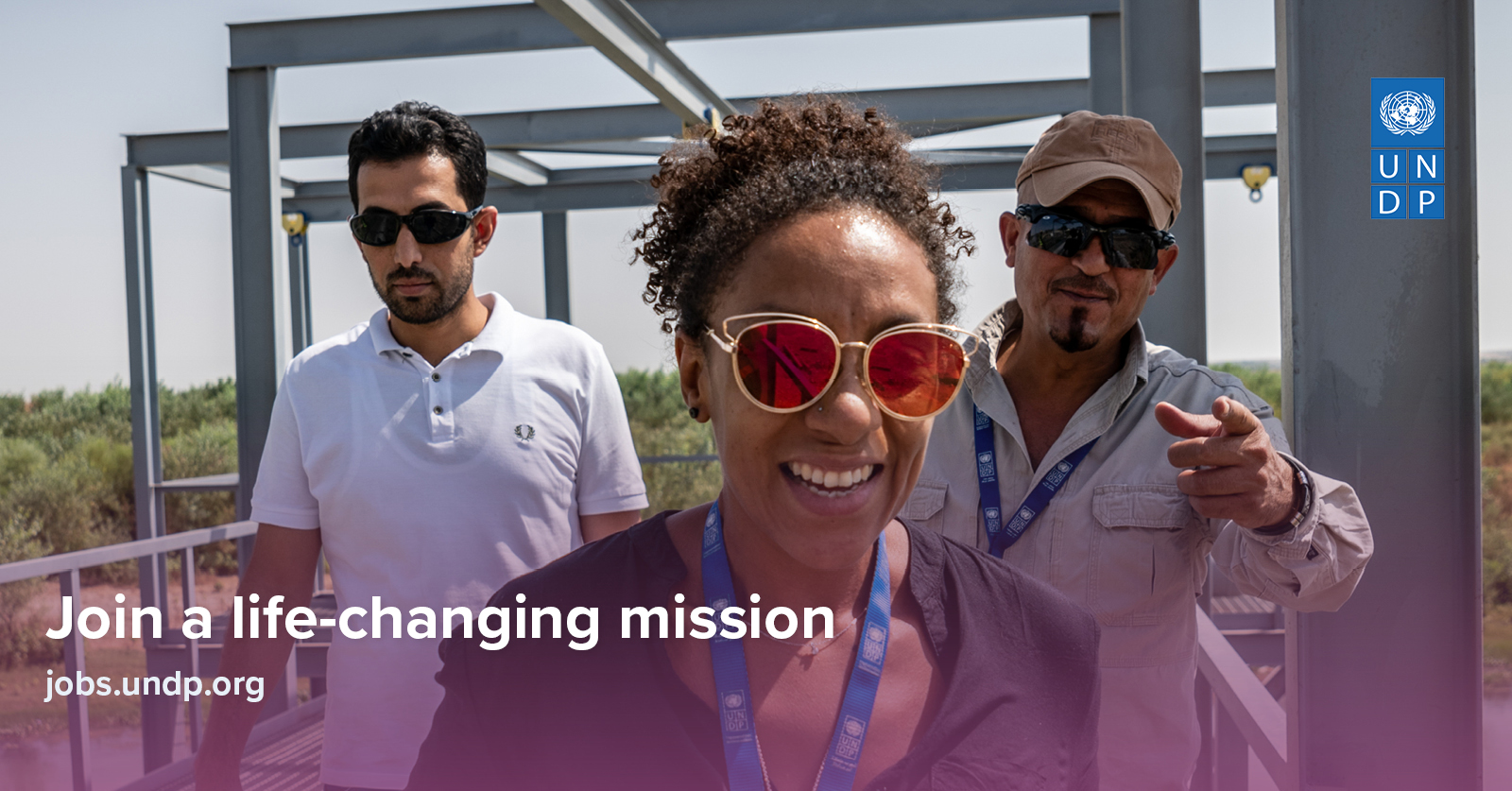
Preliminary top-down estimates of the global financial gap for biodiversity range from US$ 100 to 400 billion annually, and detailed bottom-up assessments in participating BIOFIN countries validate these significant financial needs and help identify finance solutions required to achieve the Kunming-Montreal Global Biodiversity Framework and biodiversity related SDGs. In recent decades, biodiversity finance tools and solutions have demonstrated their importance for achieving biodiversity and sustainable development goals. But since countries have not approached the issue of biodiversity finance in a comprehensive manner the choice and adoption of finance solutions has remained experimental and opportunistic. Improved choice, design and implementation of effective well-tailored finance solutions will strengthen countries’ chances of achieving national and global biodiversity targets.
The Biodiversity Finance Initiative – BIOFIN – is a global programme that developed, piloted, and is continuously improving a methodology to measure existing biodiversity expenditure levels, assess future financial needs, and design comprehensive plans to use finance tools and solutions that increase financing, effectiveness and efficiency of biodiversity management in up to 132 countries. BIOFIN’s first phase (2012-2018) enabled full assessments and initial implementation of finance plan elements in target countries. Significant scaling up of finance solutions is required in all countries to address the biodiversity finance challenge.
BIOFIN’s second phase enables up to 132 countries to complete the design and implementation of priority finance solutions and allowed a further 11 countries to undertake the assessments and create the finance plan. At the central level, knowledge management platforms will be expanded and additional guidance produced for most valuable finance solutions.
The primary objective of BIOFIN Phase I was to develop and pilot a new methodological framework – the BIOFIN Workbook – to help countries mobilise sufficient resources to implement their national biodiversity policies. The fully updated Methodology released in 2018 (in English, Spanish, Russian and French) integrates lessons learned from implementation, and highlights practical examples.
For the second phase, BIOFIN follows a two-pronged strategy. Firstly, it strives to generate high levels of awareness and technical capacity about the wider range of possible finance solutions that are available to countries and locales. This is complemented by developing supporting guidance and knowledge products for those areas where limited resources are available. Second, it actively supports the implementation of finance plans and solutions on the ground, working to develop feasibility studies, design new policies, enable the required capacity development, support advocacy of prioritised finance solutions, and implement through piloting and scaling. For more information see BIOFIN website – www.biofin.org.
Job Features
admin
Website: https://www.lapojap.com













